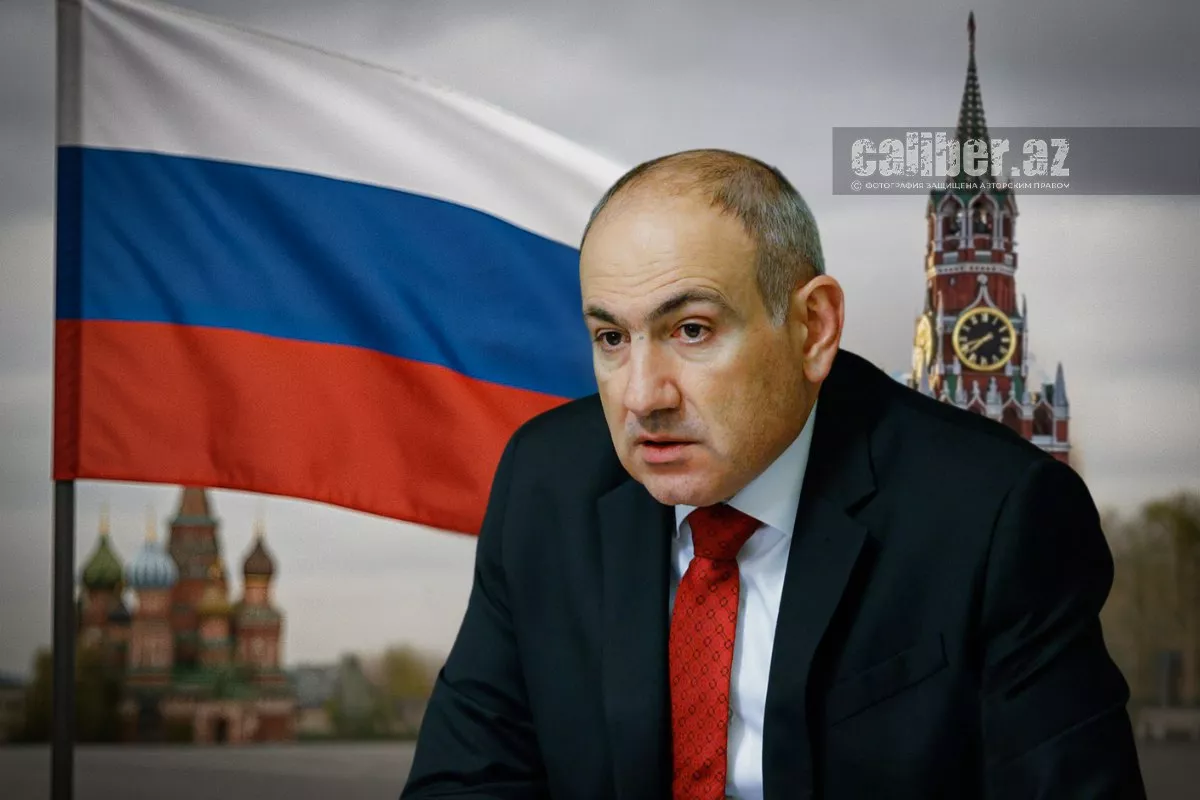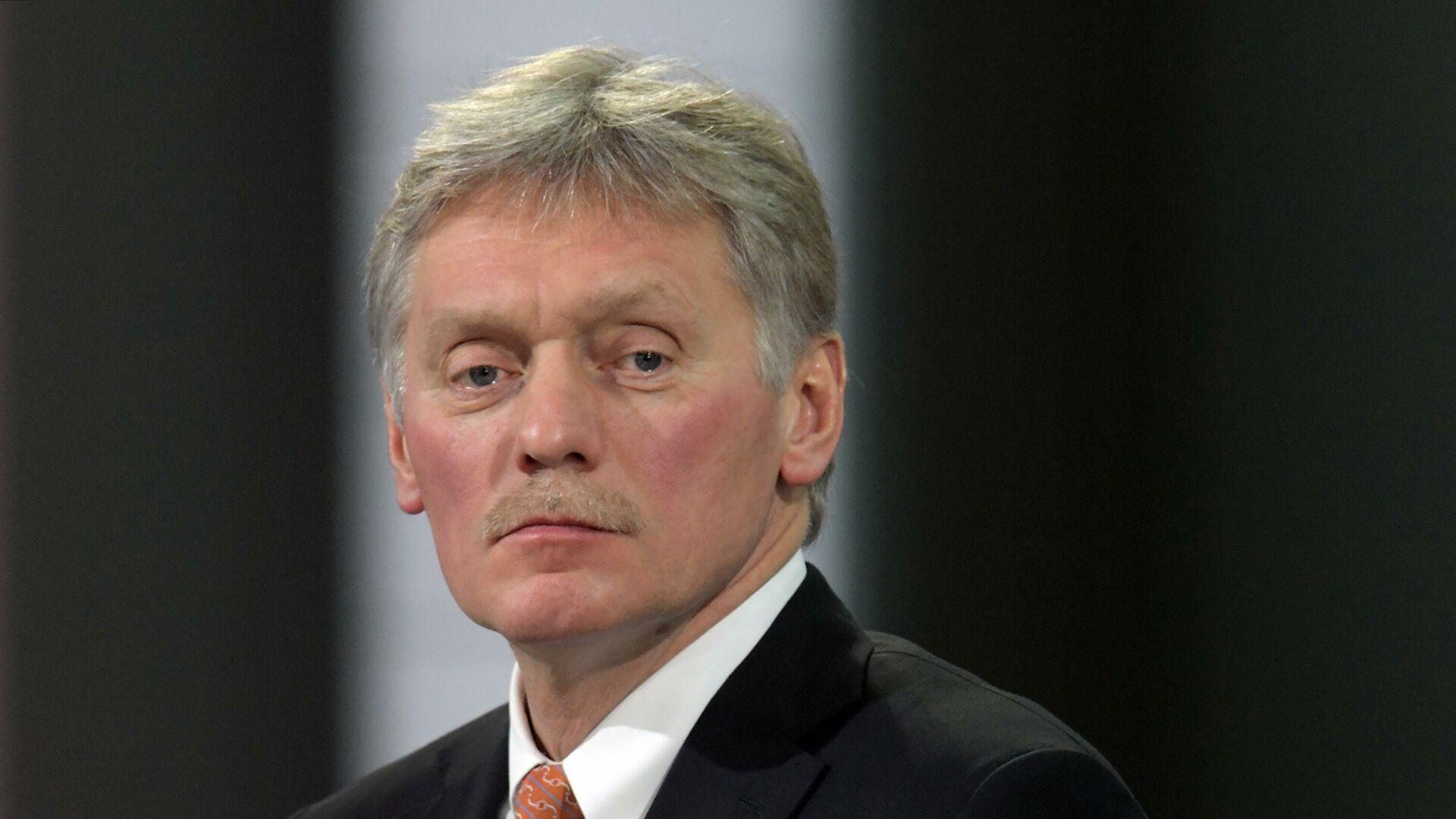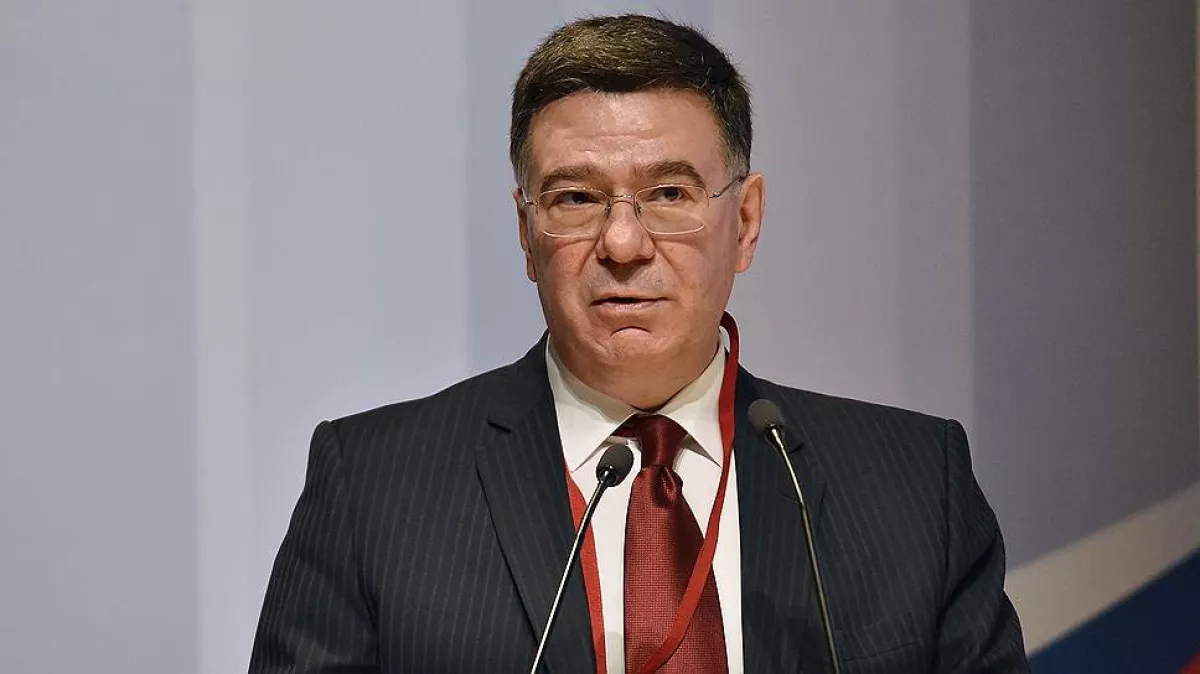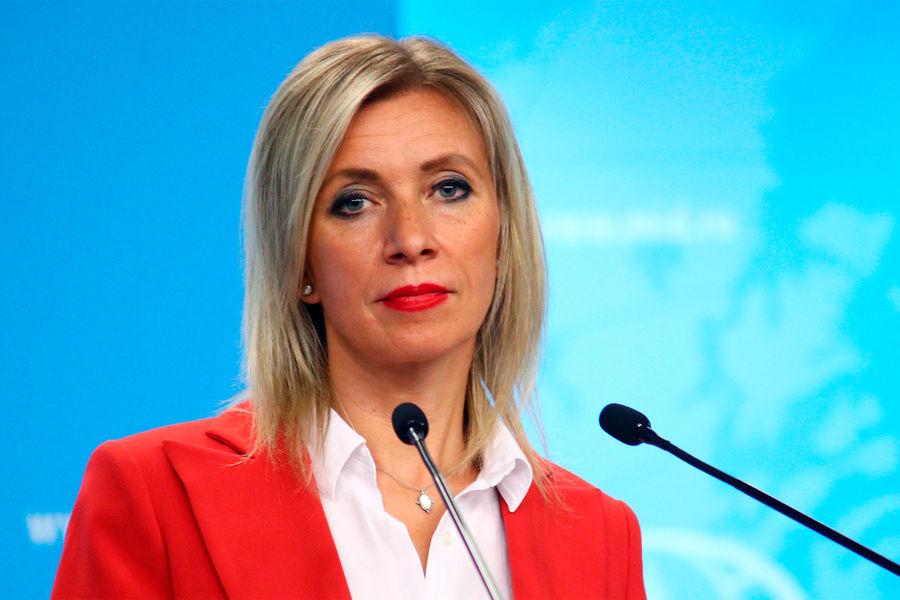Frozen membership, thawed ambitions A conundrum for Yerevan
The question of “thawing” Armenia’s participation in the Collective Security Treaty Organisation (CSTO) remains one of the pressing topics on the Armenian-Russian agenda — a kind of “apple of discord” between Moscow and Yerevan.
Traditionally, the Armenian leadership periodically makes provocative statements regarding the country’s future within this structure, which is promptly followed by another angry tirade from the Kremlin.
Another verbal clash around this topical issue flared up just recently at the level of official representatives of Russia and Armenia, after Yerevan once again expressed doubts about the feasibility of the republic’s participation in the CSTO.

Thus, Prime Minister Nikol Pashinyan called the country’s withdrawal from the organisation more likely than the restoration of its membership, which was frozen a year ago.
It should be noted that Yerevan not only ignores important events of this organisation, accusing it of inefficiency, and periodically threatens to withdraw, but also refuses to pay membership fees. In May last year, Armenia officially announced its refusal to finance the organisation’s budget for 2024, but despite this, the CSTO stated that the contribution for 2025 will still be charged.

The recent demarche by Nikol Pashinyan regarding the CSTO has already elicited a sarcastic and sceptical reaction from the Kremlin. In particular, Dmitry Peskov, the press secretary of the Russian president, commenting on the Armenian prime minister’s words, said with puzzlement:
“The decision on the status within the CSTO is a sovereign matter for Armenia. But at the same time, they are interested in the SCO [Shanghai Cooperation Organisation]. That is, they are pursuing what they think is a multi-vector policy.”
In fact, the Russian side made it clear to official Yerevan that the contradictory nature of its foreign policy boils down to the following: Armenia wants to leave the CSTO, which operates under Moscow’s patronage, and wishes to join an organisation where one of the leading players is… Russia — a country that has strategic partnerships with China and India, friendly relations with Pakistan, as well as with CSTO member states Kazakhstan, Tajikistan, and Kyrgyzstan.
It is important to emphasise that the Shanghai Cooperation Organisation (SCO) includes 10 countries: India, Kazakhstan, China, Kyrgyzstan, Pakistan, Russia, Tajikistan, Uzbekistan, Iran, and Belarus. The SCO also has observer states and dialogue partners.
Put simply, if Armenia leaves the CSTO, Yerevan can unequivocally say goodbye to any illusions connected with the SCO. However, if Armenia abandons the idea of leaving the Collective Security Treaty Organisation, Moscow may provide significant support for its accession to the SCO.
This option is also in Russia’s interest, since this way the presence of CSTO member countries in the SCO would expand, naturally strengthening Moscow’s positions within this international structure. That is, firstly.
Secondly, Moscow will, in any case, not allow Armenia to get away lightly on the highly sensitive issue of the CSTO, and will use financial pressure — the Achilles’ heel of the Armenian authorities — as a tool of influence.

In March of this year, the organisation reminded Armenia of its obligations within the structure and the need to comply with the Charter. At the same time, Alexander Pankin, Deputy Minister of Foreign Affairs of Russia, speaking at the 17th Verona Eurasian Economic Forum, criticised Yerevan for its financial arrears to the organization, noting that Armenia may skip payments for two years but must still account for the debt for 2024, as the deadline for its repayment expires at the end of 2025.
“Armenia can refrain from paying this debt for two years. After that, appropriate decisions will be made,” he emphasised.
Harsh reproaches for non-payment of dues also came from Maria Zakharova, the official spokesperson of the Russian Foreign Ministry, who even threatened that Armenia could lose its voting rights in the CSTO. Given Moscow’s firm stance, it seems that sooner or later Yerevan will have to pay up.

This conclusion is also supported by the “fresh” remarks made by Maria Zakharova directed at the Armenian side. At a recent briefing, she commented on the statement by European Council President António Costa and European Commission President Ursula von der Leyen about the EU’s intention to invest at least €2.5 billion in Armenia.
It goes without saying that Moscow is inherently displeased with EU funding for Armenia, so it is unsurprising that this issue drew attention from the Russian Foreign Ministry. In fact, Moscow now has a strong reason to criticise Yerevan.
“They have promised this money to Yerevan and the Armenian people many times already, but to what extent this promise has been fulfilled — I think one should ask Yerevan whether they have received these funds or not. We do not intend to look into their pockets. That is their relationship with European institutions. But it seems to me that even today’s briefing clearly shows this is a classic case with the European Commission, the EU, and NATO — to make generous promises, and then under the guise of these financial incentives, to enslave and control the processes further, taking the cream off and profiting only themselves,” Zakharova stated, casting doubt on the sincerity of Armenia’s European partners’ intentions.
At the same time, the Russian diplomat clearly indicated that the large sums of money from Armenia’s European partners come with expectations of interference in the country’s internal affairs. It is difficult to disagree with this assertion from the Russian side, given the European Union’s direct interest in the South Caucasus region.
“Financial and economic assistance has long ceased to be aid or a genuine desire to promote development for the European Union; instead, it has become a lever of influence over the policies of third countries, both in foreign and domestic affairs — in fact, interference in their internal matters,” the Russian diplomat stated bluntly.
As we can see, Russia once again expressed its dissatisfaction with Armenia’s policy towards the EU, placing particular emphasis on the financial and economic aspect. However, no statements from Moscow, including those of a threatening nature, are likely to make the Armenian authorities abandon their desire to “sit on two chairs,” which has become a stable tradition of official Yerevan’s foreign policy.
And surprisingly, despite everything, Armenia has so far managed, almost miraculously, to navigate between West and North and gain benefits from both tracks. The question remains: how long can Yerevan continue this poker game, where, it should be noted, cheating can come at a price—and not only in coins.








